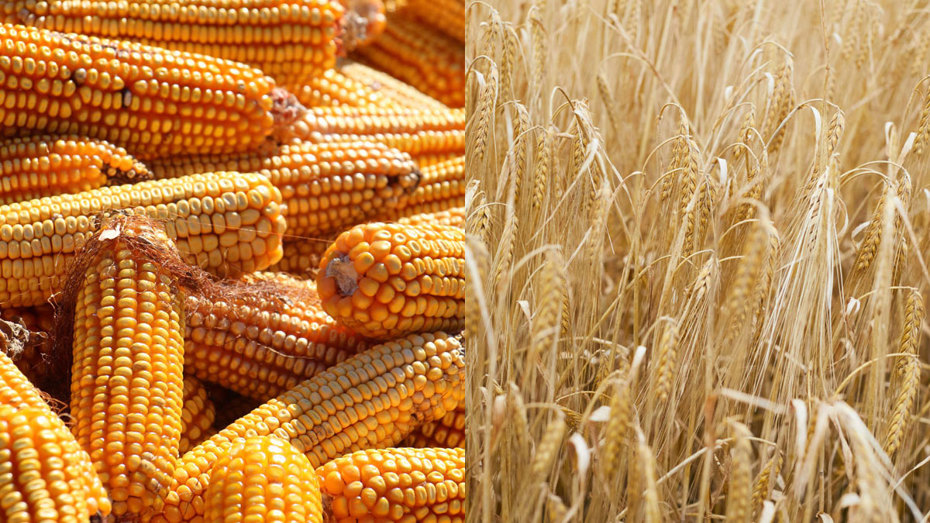Bourbon and rye whiskies are two iconic American spirits known for their distinct flavors and rich history. While both are beloved by whiskey enthusiasts, there are fundamental differences between the two. In this article, we explore the contrasting characteristics of bourbon and rye, shedding light on the production processes, grain compositions, and flavor profiles that set them apart.
The Comparison
- Grain Composition
The primary distinction between bourbon and rye lies in their grain compositions. According to U.S. regulations, bourbon must be made from a mash bill containing a minimum of 51% corn, while rye whiskey must contain at least 51% rye grain. The differing grain proportions significantly impact the flavor profiles of these whiskies. - Sweetness vs. Spice
Bourbon, with its higher corn content, is known for its inherent sweetness. Corn contributes rich and mellow flavors, lending bourbon a smooth and approachable character. Bourbon often exhibits notes of caramel, vanilla, and butterscotch, with a sweeter and rounder mouthfeel.
In contrast, rye whiskey, with its higher rye grain content, brings a distinct spiciness to the palate. Rye's flavor profile includes peppery, herbal, and sometimes even fruity notes. Rye whiskey tends to have a drier and more assertive character, appealing to those who appreciate a bolder and spicier taste. - Aging and Maturation
Both bourbon and rye whiskies benefit from aging in oak barrels, but the aging process can vary. While there are no specific aging requirements for bourbon, it is common for bourbons to be aged for a minimum of two years in charred, new oak barrels. The aging process allows flavors to develop, mellow harsh edges, and enhance complexity.
Rye whiskey, on the other hand, often benefits from a shorter aging period. Traditional rye whiskies were typically aged for shorter durations compared to bourbons, as the spiciness of rye can become overpowering if aged for too long. However, the current trend sees an increasing number of distillers producing well-aged rye whiskies to showcase the interplay between aging and rye's unique flavors. - Regional Traditions
Historically, bourbon has been associated with the American South, particularly Kentucky, which is renowned as the heartland of bourbon production. The state's limestone-rich water and favorable climate create ideal conditions for bourbon maturation.
Rye whiskey, on the other hand, has ties to the Northeastern region of the United States. States like Pennsylvania, Maryland, and New York were prominent producers of rye in the past. Today, rye whiskey's resurgence has spread to other regions, with distillers across the country crafting their unique expressions. - Mixology and Cocktails
Bourbon and rye whiskey contribute distinct flavors to cocktails, which further highlights their differences. The sweetness and smoothness of bourbon make it a popular choice for classic cocktails like the Old Fashioned and Mint Julep. The sweeter profile of bourbon blends harmoniously with ingredients like sugar, bitters, and citrus.
Rye whiskey, with its spicy and assertive character, brings a bold and complex element to cocktails. It is often favored in drinks like the Manhattan, Sazerac, and Whiskey Sour, where the spiciness of rye can cut through other ingredients and add a distinctive kick.
Conclusion
Bourbon and rye whiskies offer whiskey lovers an array of flavors and experiences. While bourbon's sweetness and mellow profile have broad appeal, rye whiskey's spiciness and bolder character provide an intriguing alternative. The contrasting grain compositions, aging processes, and regional traditions contribute to the unique identities of bourbon and rye.
Whether you prefer the smooth and sweet allure of bourbon or the bold and spicy kick of rye, both whiskies offer a wide range of options to explore. Understanding the differences between bourbon and rye allows you to appreciate their distinct qualities and choose the perfect spirit for your palate.
So, whether you find yourself reaching for a glass of bourbon with its caramel notes and smooth finish, or a pour of rye with its peppery spice and robust character, savor the flavors and embrace the rich heritage behind each sip. Bourbon and rye whiskies are both cherished American classics, each with its own story to tell and a taste that captures the spirit of the nation's whiskey heritage.

